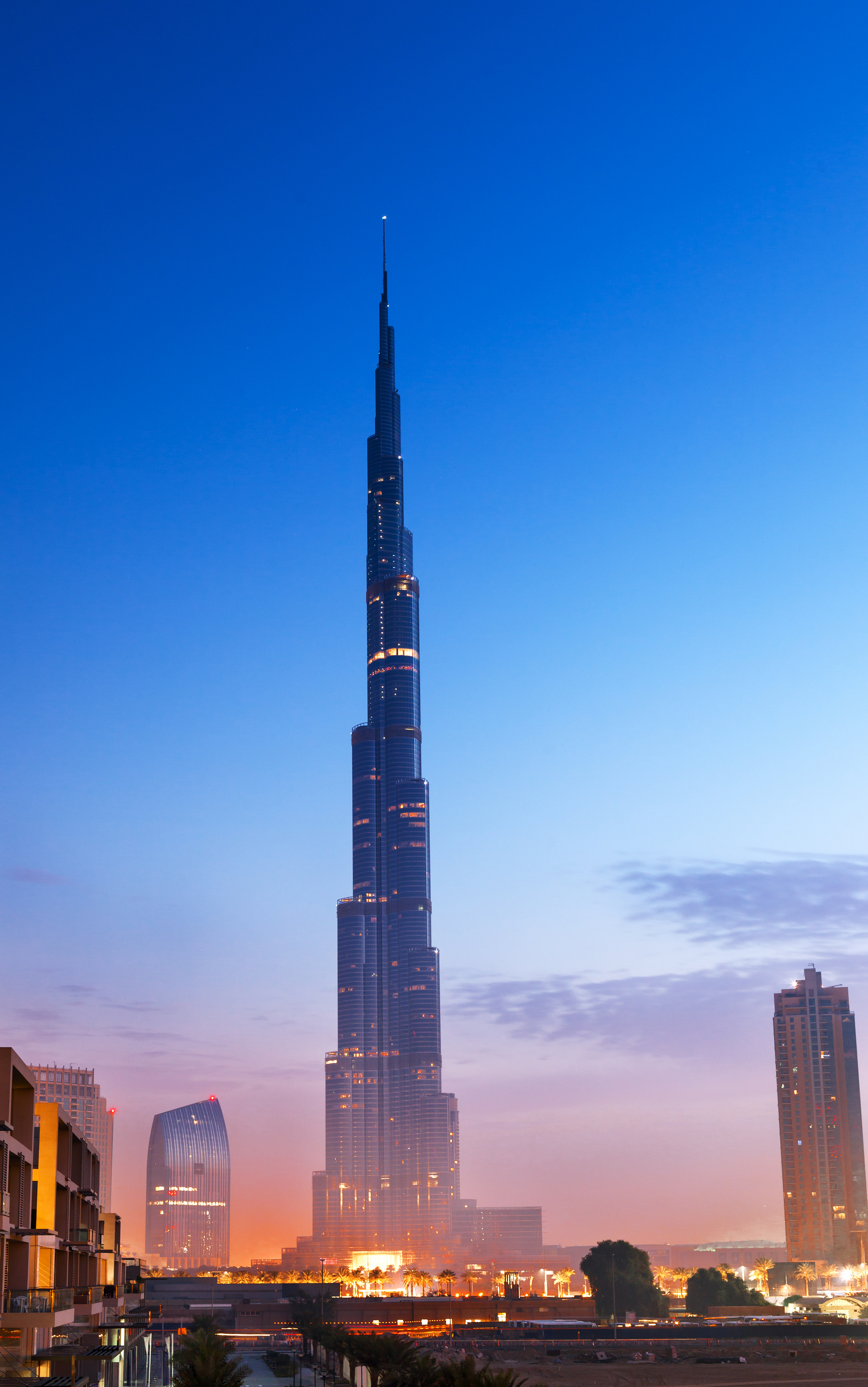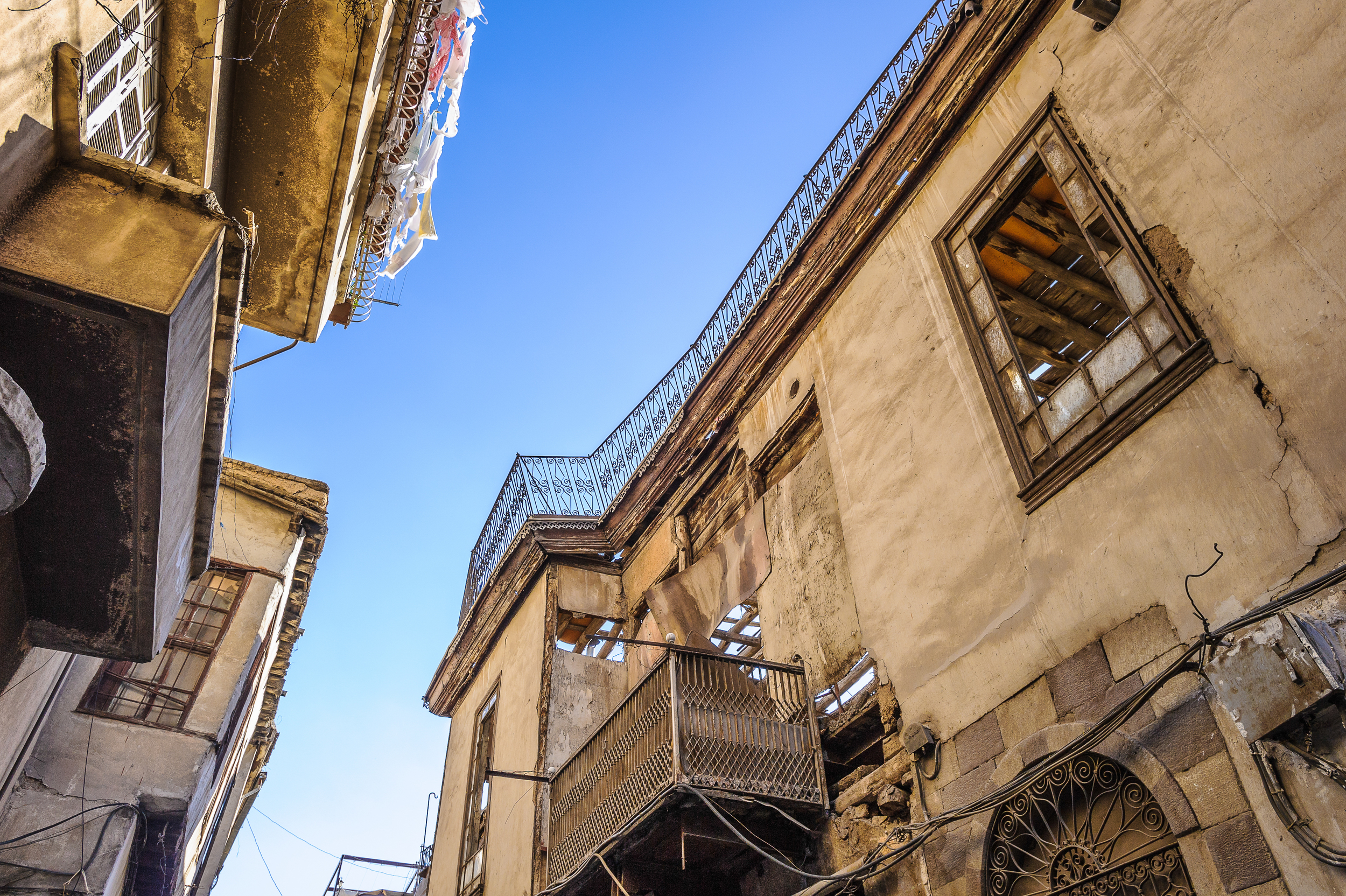The new Arab capitals
The way of the future? The Burj Khalifa in Dubai
Earlier this month, Sultan Sooud El Qassemi wrote an op-ed in Al-Monitor that has stirred considerable controversy. El Qassemi, a writer, active Twitter presence, businessman, art patron, member of Sharjah's ruling family and friend, argued that the capitals of Qatar and the United Arab Emirates have become
..the nerve center of the contemporary Arab world’s culture, commerce, design, architecture, art and academia, attracting hundreds of thousands of Arab immigrants, including academics, businessmen, journalists, athletes, artists, entrepreneurs and medical professionals. While these Gulf cities may be unable to compete with their Arab peers in terms of political dynamism, in almost every other sense they have far outstripped their sister cities in North Africa and the Levant.
Needless to say, the claim that Doha, Dubai and Abu Dhabi have become what Baghdad, Damascus and Cairo once were to the Arab world raised many hackles. The Angry Arab replied:
What contribution to Arab culture have those cities made, unless you are talking about sleaze, worship of the European, denigration of the Asians, promotion of singers purely based on breast sizes and lip thickness, prostitution mentality (literally and figuratively), gender segregation and repression, the culture of measuring humans by the size of their bank accounts, etc. Culture, what culture? Cairo and Beirut were known for hosting a culture that allowed (often despite desires of the ruling governments) various political and cultural trends to co-exist and to clash, and for the expression of divergent political viewpoints. Cairo and Beirut were cities that allowed artists and writers to seek refuge and to express themselves artistically and creatively, and there is none of that in the Gulf. Yes, academics and journalists are flocking to the Gulf but what have they produced there? What ideas? They go there and they work as assistants and propagandists in the entourage for this prince or that prince. If anything, the impact of that Gulf oil and gas culture has been quite corrosive on the entire Arab world and its culture. In that sense alone, yes, Gulf cities do play a role.
Al-Monitor also published a response by Abbas Al-Lawaty that rightly highlighted the single most distinctive feature of the Persian Gulf cities: their system of imported, caste labour:
Millions of workers flocked to the Gulf. Everything from people, ideas, academic institutions, museums, athletes and even bottled water flown in from tens of thousands of kilometers away was imported. In an effort to develop at a breakneck speed and become competitive with Western hubs, they have become replicas of those cities with little more of their own to offer foreign visitors and tourists than the clichéd desert safaris packaged with belly-dance shows.
[...]
Today, in each of the cities that were cited as the new Arab centers, foreigners vastly outnumber citizens. Like the traditional Arab capitals, they have become hubs for migrants. The difference is that migrants in the Gulf have residency cards with expiration dates. It is therefore unrealistic to expect Gulf cities to grow to the level they wish if the majority of the population is transient and continuously reminded that it will one day have to leave. Someone who does not feel a sense of belonging will not invest his or her full potential in such a city.
I'm pretty sure that Sultan did not intend it this way, but it strikes me as in somewhat poor taste to celebrate the advent of Gulf cities when the capitals they are supposedly superseding are suffering from such damaging conflicts, losing lives and losing history.
Our own occasional contributor Bilal Ahmad makes the interesting argument, at Souciant, that the chaos that besets cities like Cairo is not a symptom of their irrelevance but quite the contrary:
al-Qassemi forgets that cities are a convergence of human experience, and desire. They’re settings in which millions of people arrive at different times, for similar goals of self-betterment, and work. At times when the dreams of their residents, and society as a whole, are not being realized, they also become the main engine by which their residents can better conceptualize, and make manifest, their yearning for emancipation.
[...]
The reason that Cairo is in shambles is because it’s a city that has been galvanized by attempts to envision the new. For me, that’s what a center of the Arab world is supposed to do: fight for the future. Cairo is still one of the centers of the Arab world, because its current difficulties are a result of the fact that the Cairo that will be hasn’t been born yet. It’s still lost in the fighting of the Arab Spring. That goes for many cities across the region.
The fact that the Khaleeji cities are not dealing with such unrest is not something of which to be proud. It means that they’re absent from critical discussions of what Arab cities will come to mean. How can they be leaders if they’re so conspicuously missing? It’s also worth noting, once again, that their relative tranquility came at a violent price.
The Gulf states only avoided the unrest of the Arab Spring because they’re controlled by morally-bankrupt monarchs, who are backed by investors armed by the West, and who successfully pressed for a peaceful democratic revolt in Bahrain to be crushed. This is because the idea of embracing the new, in any serious way, was too much for the leaders of these alleged centers to bear. As a result, we’re at a point where not only is the new still in the process of being born in cities like Cairo, but it has also been sterilized against in the Gulf, following an induced miscarriage in Bahrain.
Out with the old? A street in Damascus
I'm happy Sultan raised this debate, although I disagree with his general argument (or wish it had included many more nuances and caveats). The hydrocarbon-rich emirates of the Arabian peninsula are undoubtedly a force in the Arab world, and as such they need to be understood, not just reflexively bashed. They are a facet of the future, and important one -- centers of economic, political and yes cultural influence. But to claim that a city is "a cultural center" implies that it is engaged in a kind of sustained, unique cultural production that so far hardly takes place in the Gulf. It's not just that there are very few local artists, writers or scientists. It's that what is produced there, culturally, by locals or expats, has a very tenuous connection to or engagement with its context. When it is relevant, like the politically engaged poetry of the Qatari poet Mohamed Al-Ajami, it ends with 15-year jail sentences.
Dubai has a booming art market, but it's just that, a market -- art is one of the many forms of capital that circulates there. The art exhibitions, international museums and publishing and translation ventures being generously hosted in the Gulf are a positive development, but this is largely culture for hire, for show, or as a form of international diplomacy. The foreign universities have an agenda to work on issues relevant to national development, but they cater to a minority of the population and are there under the patronage of individual rulers -- they have no solid existence in society, from which to act as independent centers of learning.
And these gleaming, air-conditioned cities remain ones in which the population is divided into precise professional-ethnic castes that are constantly recycled, so that the majority of foreign workers can't and won't develop a stake in the place. Physically and socially, they are cities with no public, shared spaces, because they are designed to keep their residents segregated, to prevent them from mingling, gathering, and participating in free and open debate. And how can cities without centers of their own become the centers of something bigger?


